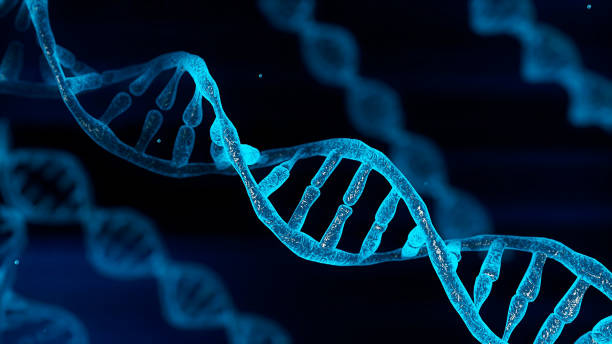Genetic engineering, the manipulation of an organism’s genetic material to achieve specific traits or outcomes, has the potential to revolutionize various aspects of human life. From advancements in medicine and agriculture to environmental conservation and beyond, the implications of genetic engineering are vast and far-reaching. However, along with its promises, genetic engineering also brings forth ethical, social, and environmental challenges that must be carefully considered. In this essay, we will explore the positive and negative implications of genetic engineering for the future of humanity.
One of the most significant positive implications of genetic engineering is its potential to revolutionize healthcare. Through genetic engineering, scientists can develop personalized treatments for various diseases, including cancer, genetic disorders, and infectious diseases. This approach, known as precision medicine, takes into account an individual’s genetic makeup, allowing for more targeted and effective treatments.
Genetic engineering also holds promise for improving agricultural practices and food security. By genetically modifying crops, scientists can enhance their nutritional content, increase their resistance to pests and diseases, and improve their yield. This can help address global food shortages and reduce the environmental impact of agriculture by decreasing the need for pesticides and fertilizers.
Furthermore, genetic engineering has the potential to benefit the environment by enabling the creation of organisms that can clean up pollutants, restore damaged ecosystems, and mitigate the effects of climate change. For example, genetically engineered bacteria can be used to break down oil spills, while genetically modified trees can absorb more carbon dioxide from the atmosphere.
Despite these potential benefits, genetic engineering also raises several concerns and challenges. One of the main concerns is the ethical implications of manipulating genetic material. Critics argue that genetic engineering raises questions about the sanctity of life, the potential for creating “designer babies,” and the implications for biodiversity.
Another concern is the potential for unintended consequences. Genetic engineering can lead to the creation of organisms with unpredictable traits or behaviours, which could have negative impacts on human health, the environment, and biodiversity. Additionally, there is a risk that genetically modified organisms could escape into the wild and disrupt natural ecosystems.
In conclusion, genetic engineering has the potential to bring about significant benefits for humanity, including advancements in healthcare, agriculture, and environmental conservation. However, these benefits must be weighed against the ethical, social, and environmental challenges posed by genetic engineering. As we continue to explore the possibilities of genetic engineering, it is essential to proceed with caution and carefully consider the implications for the future of humanity and the planet.

